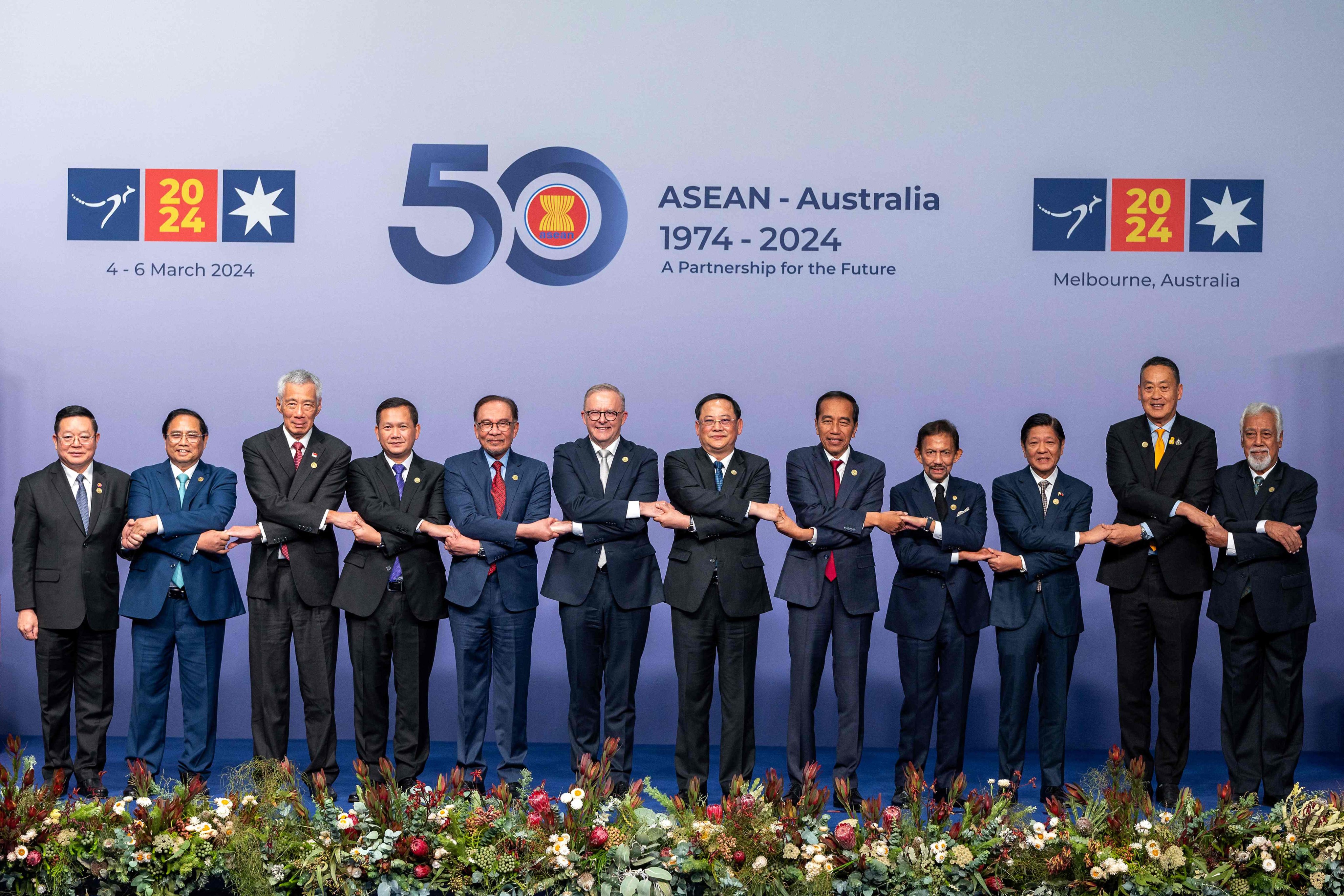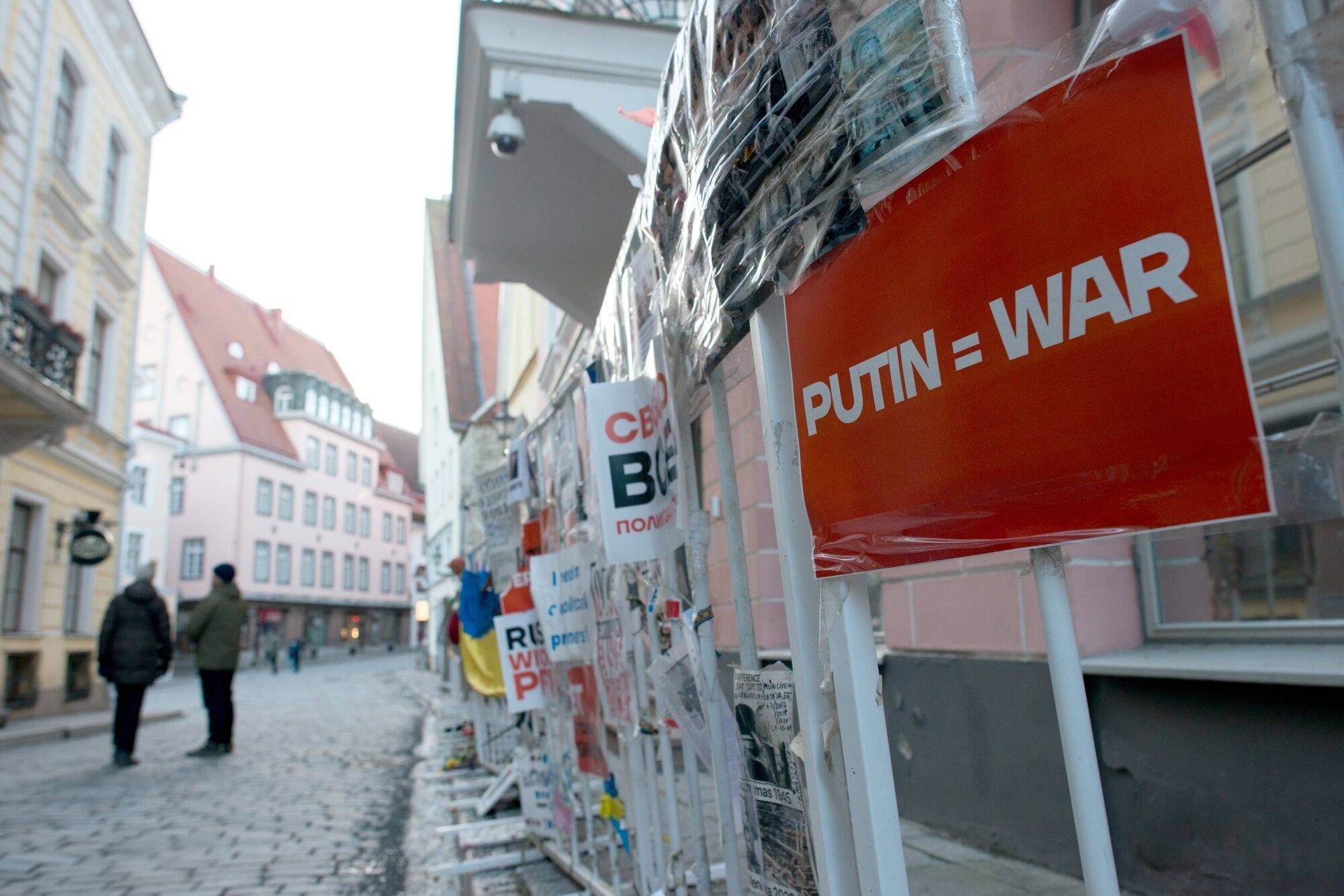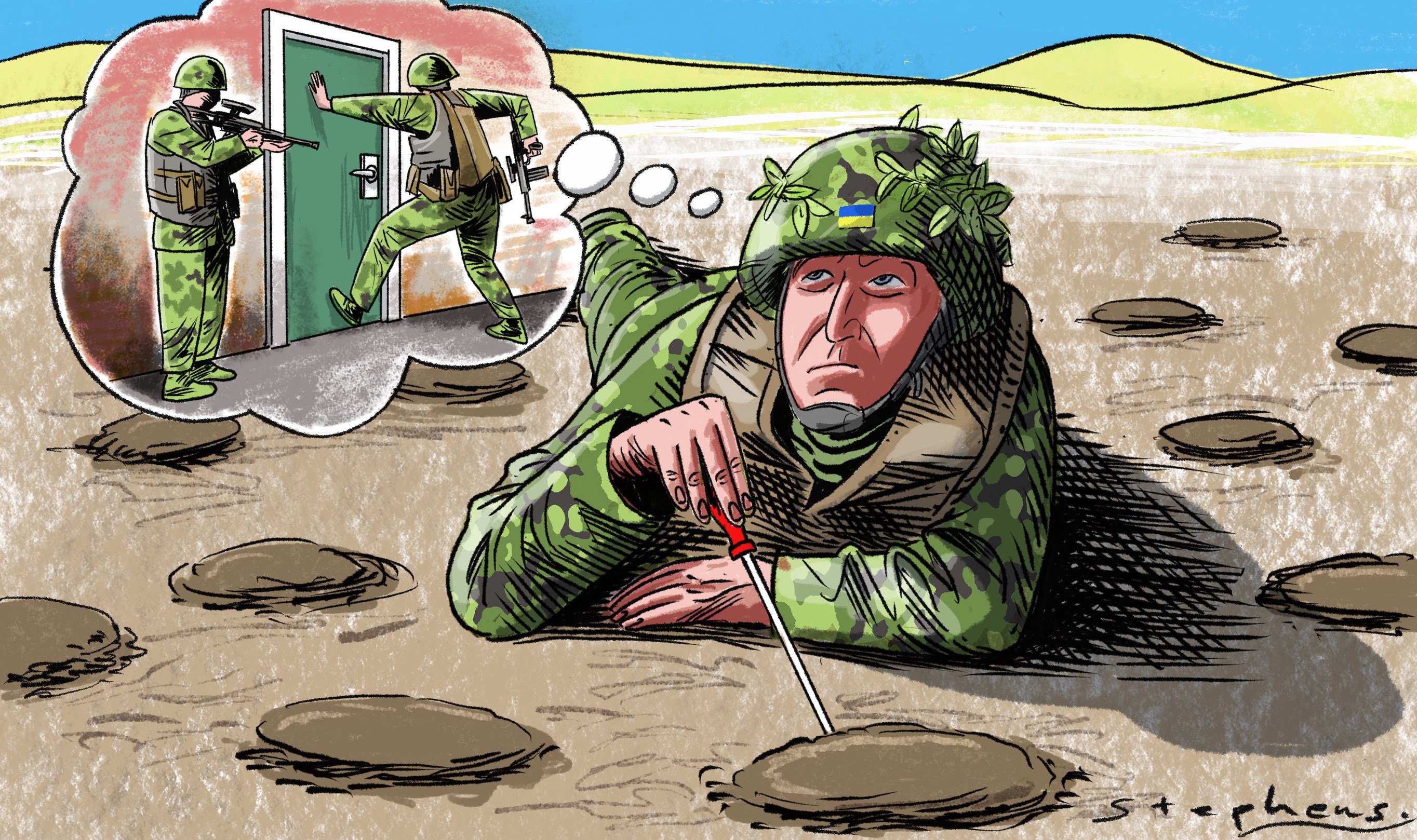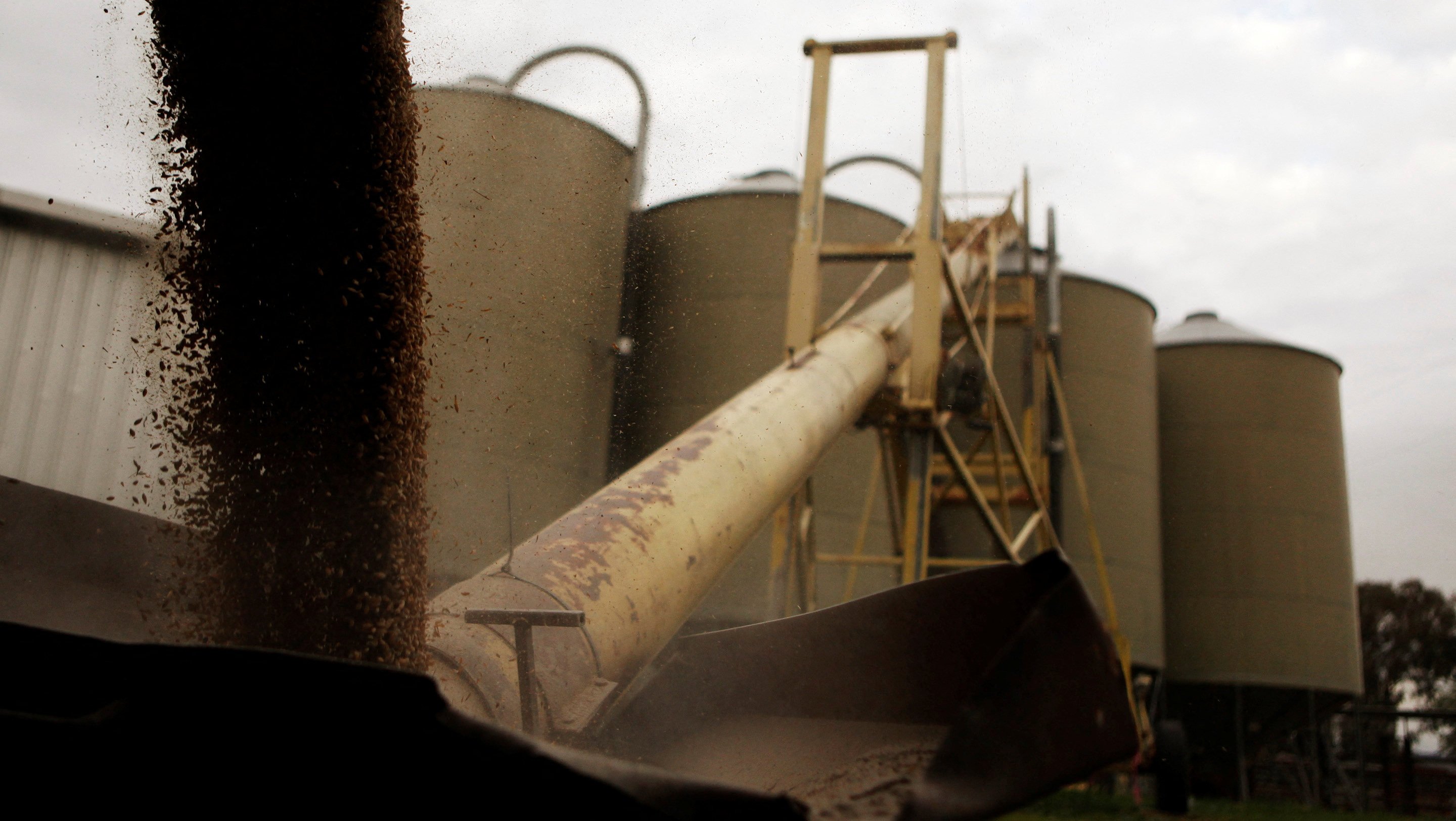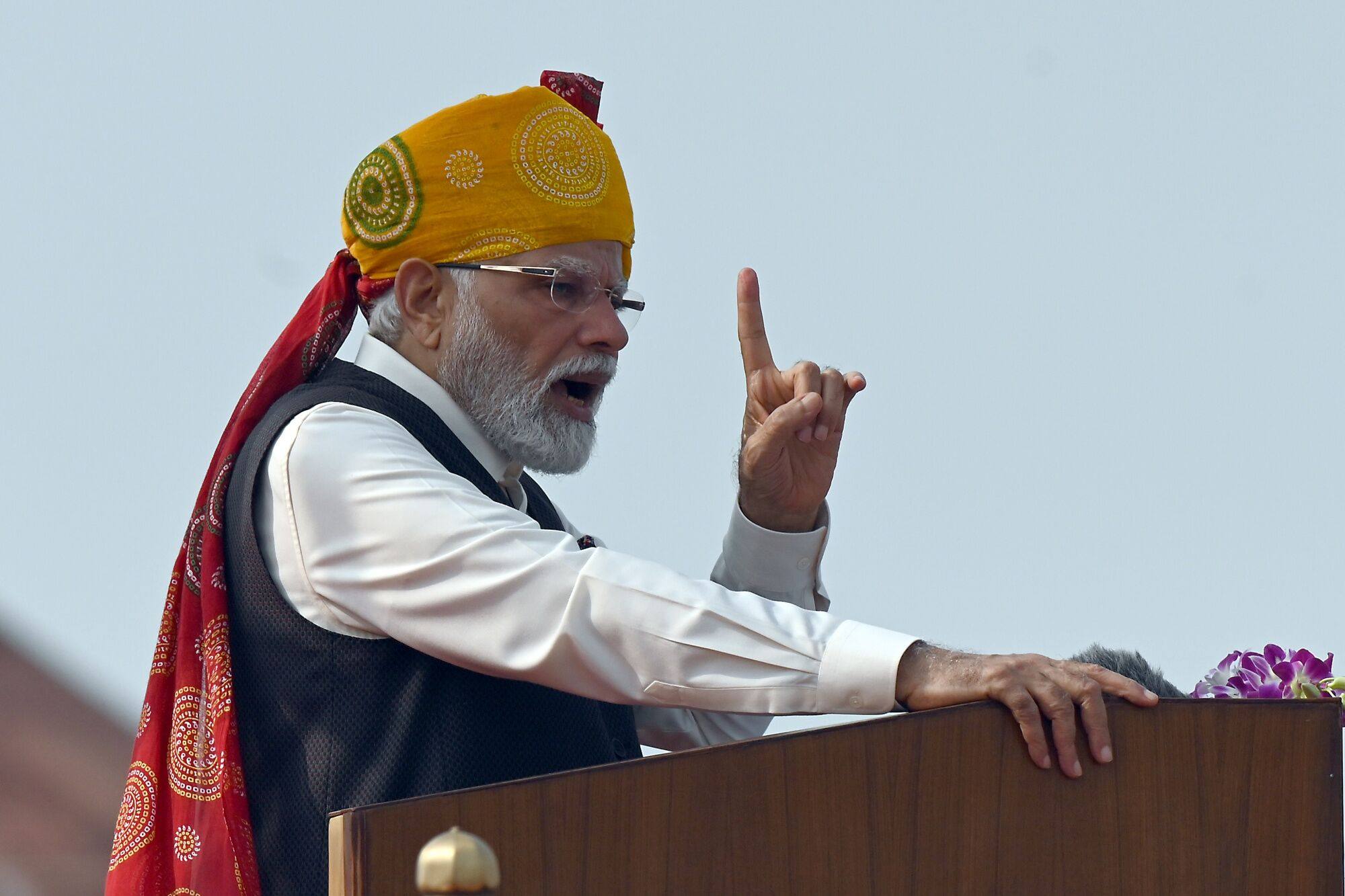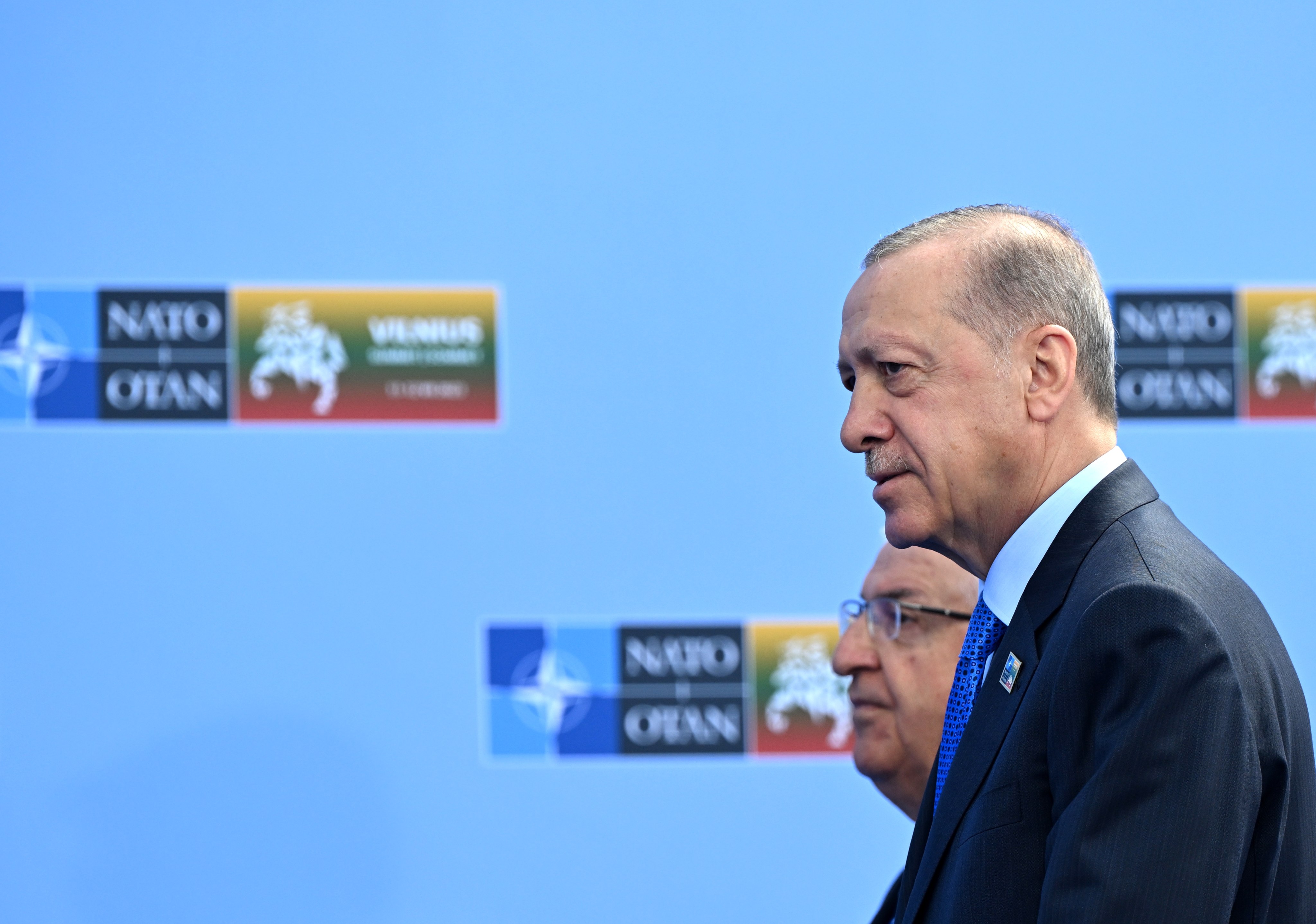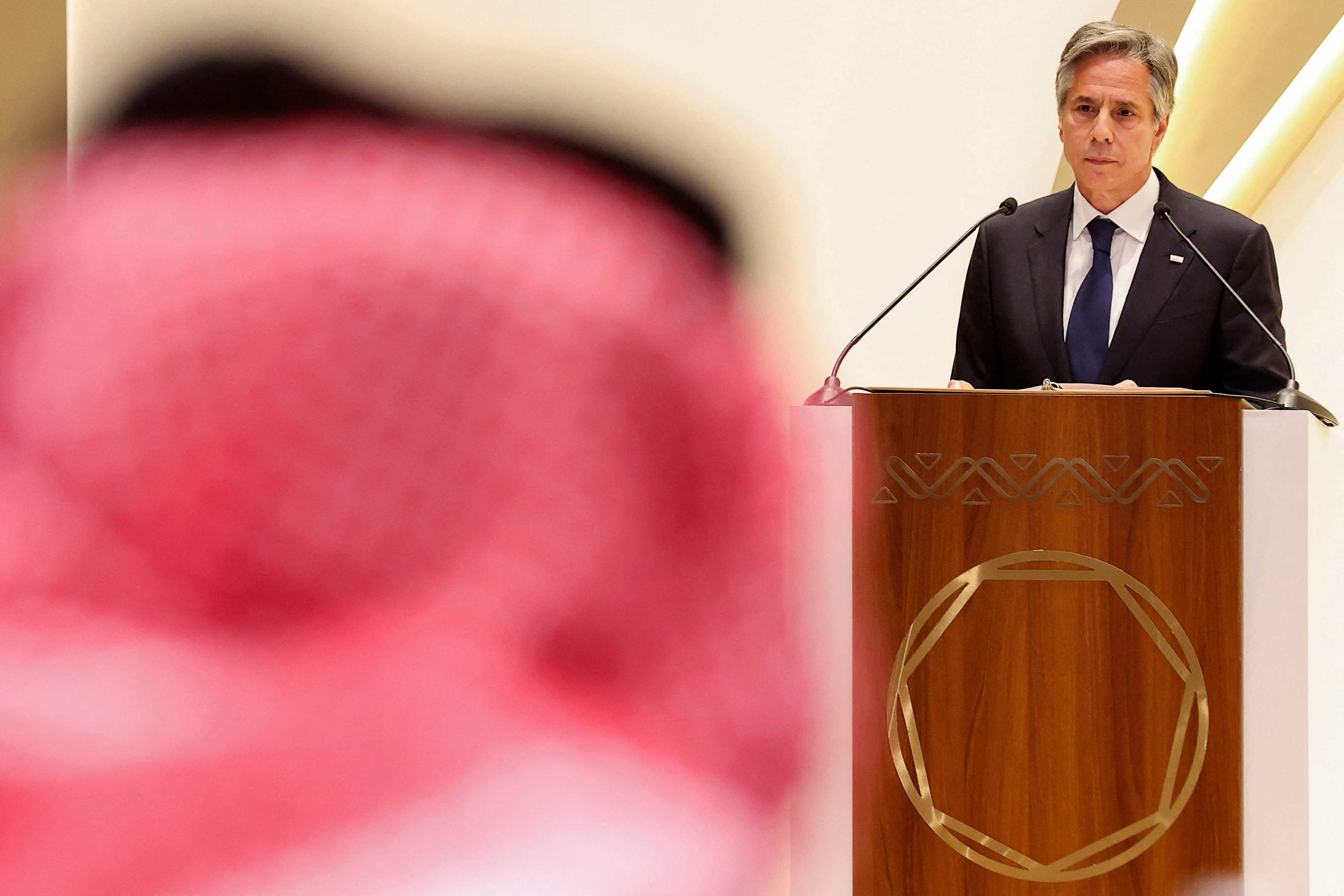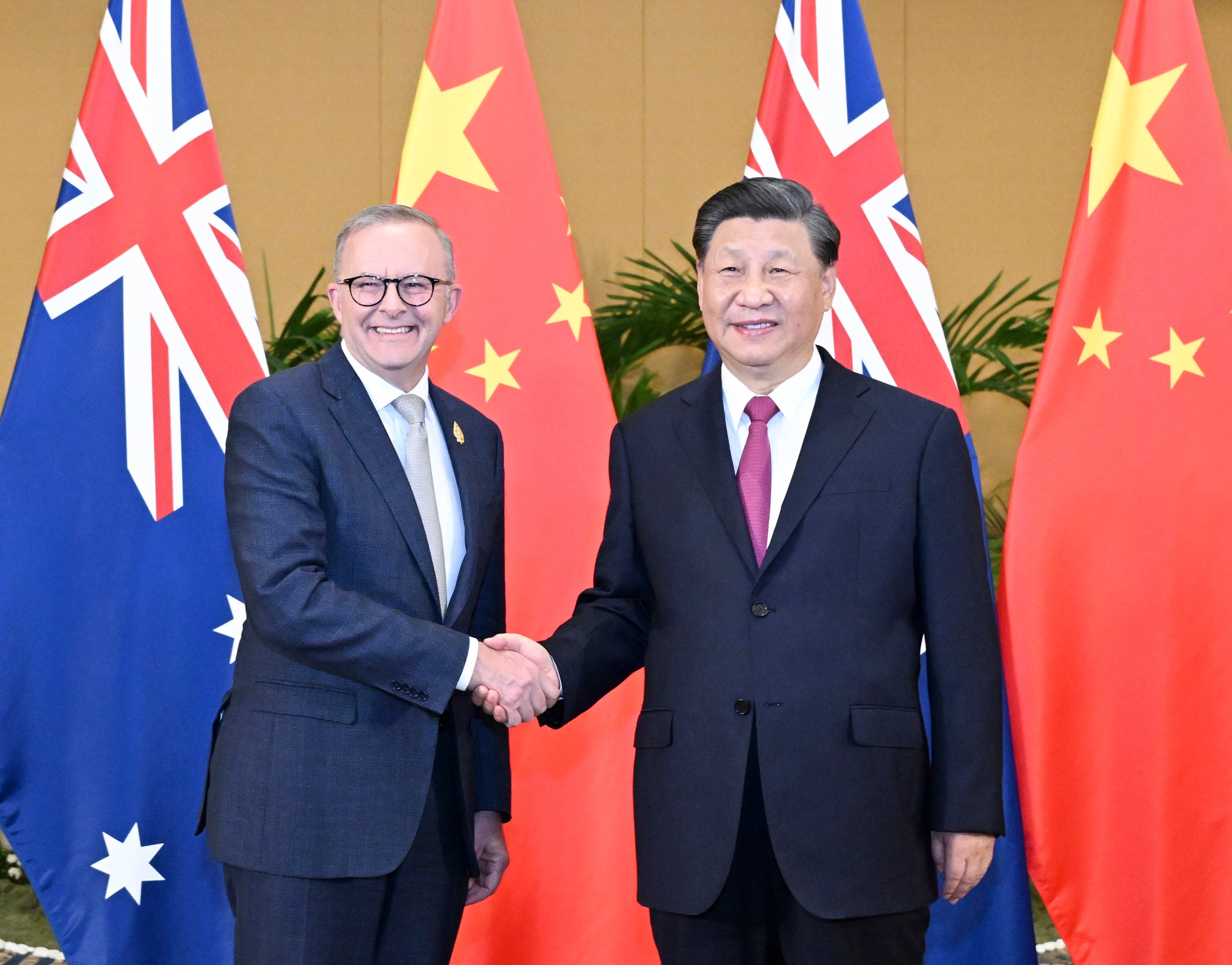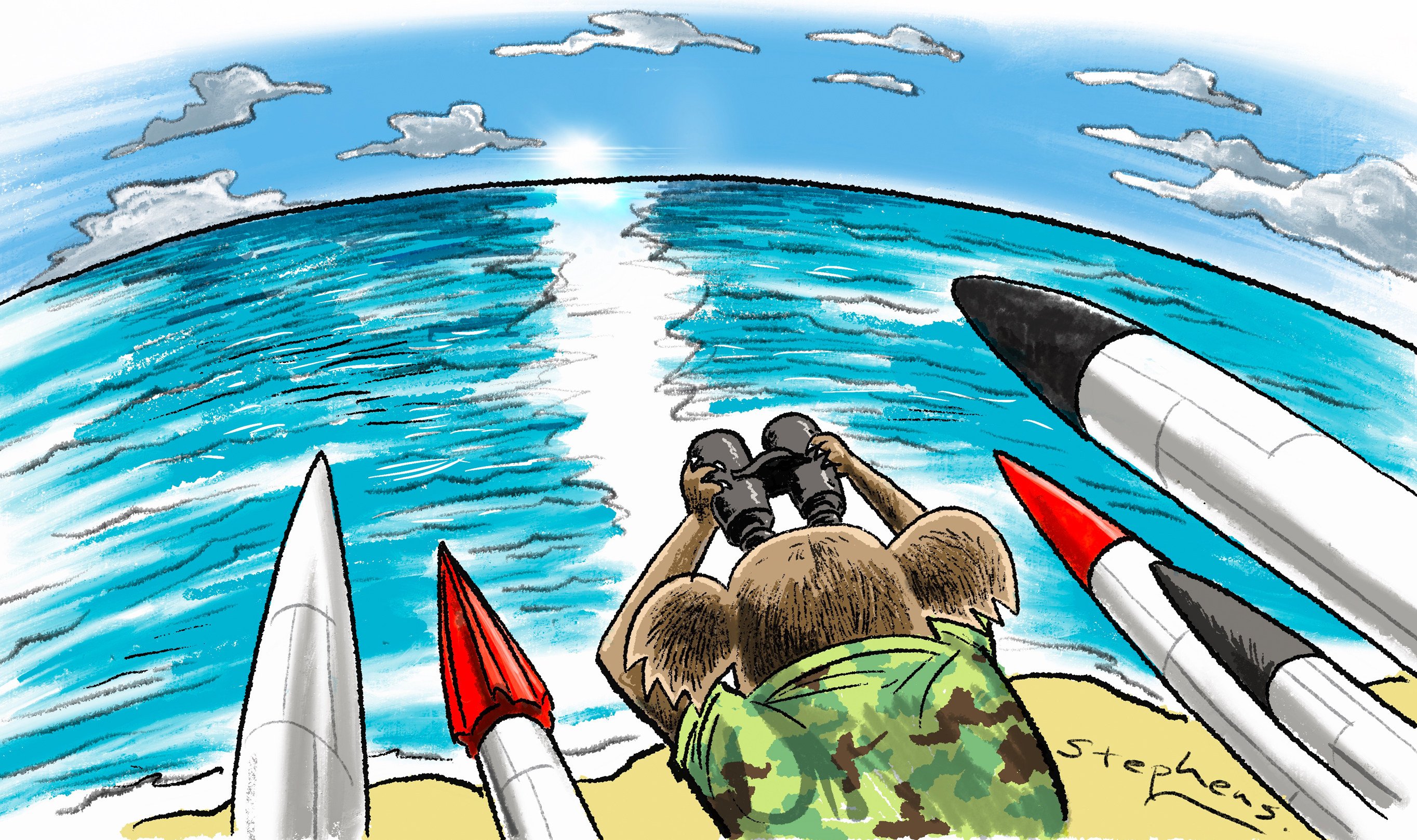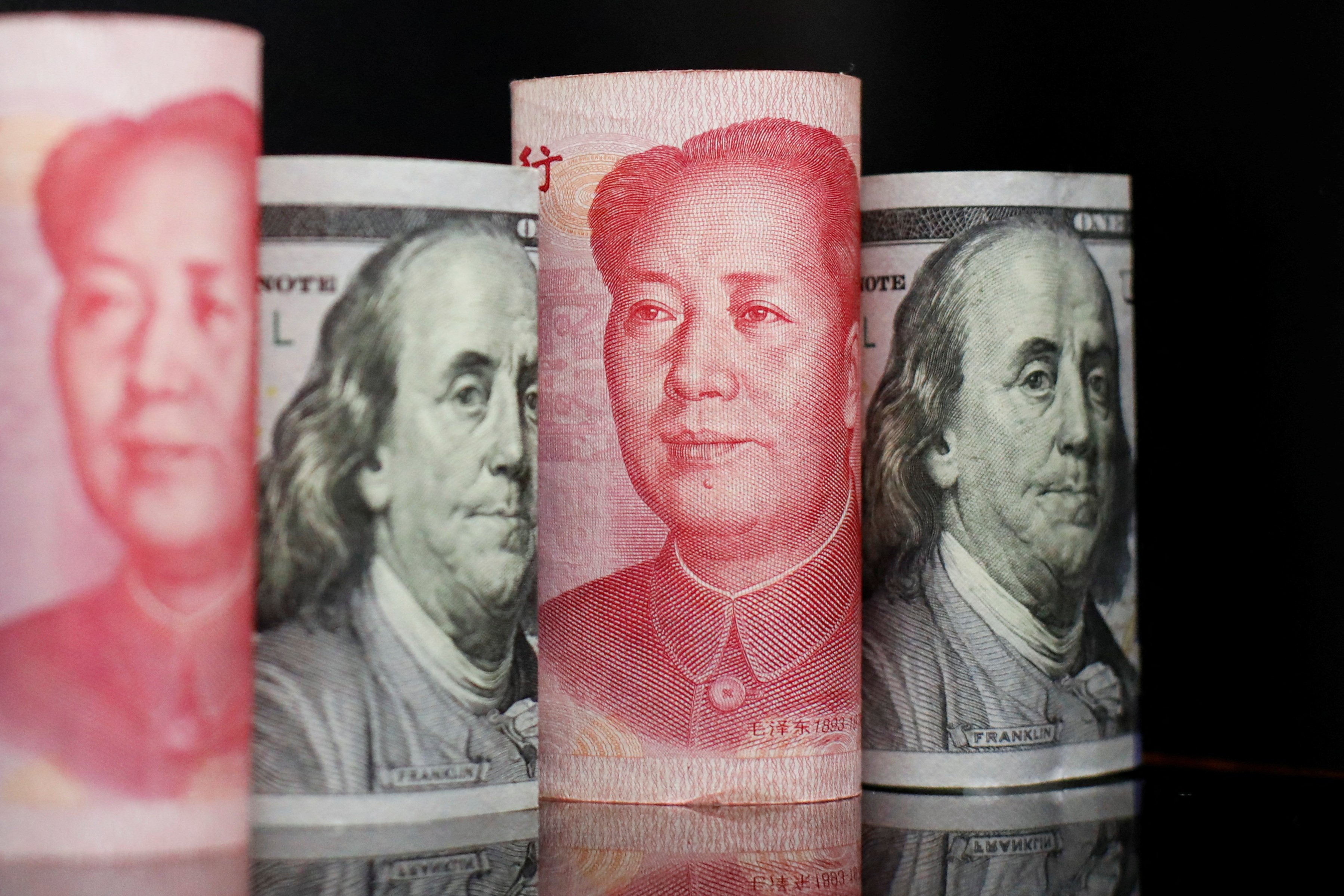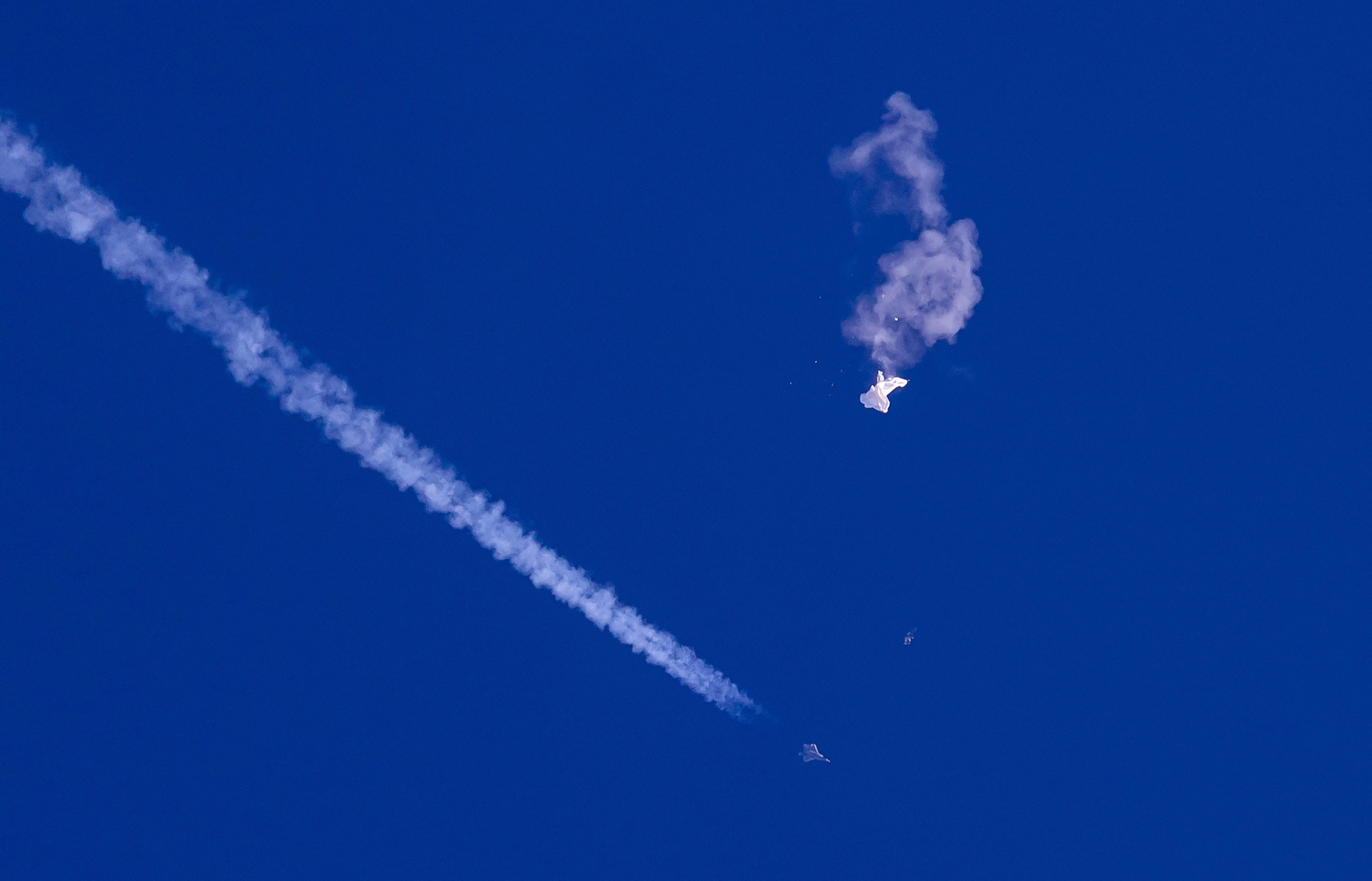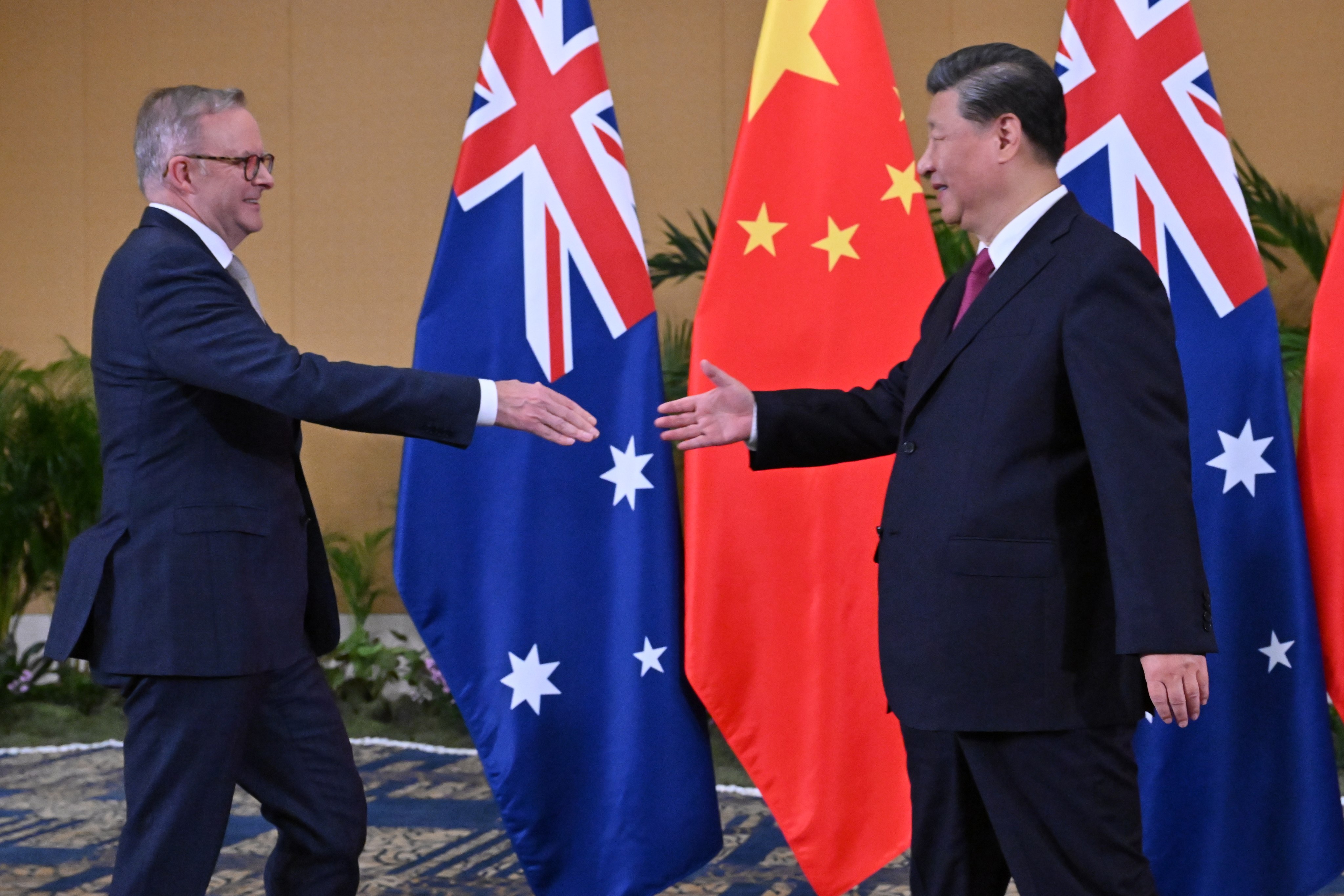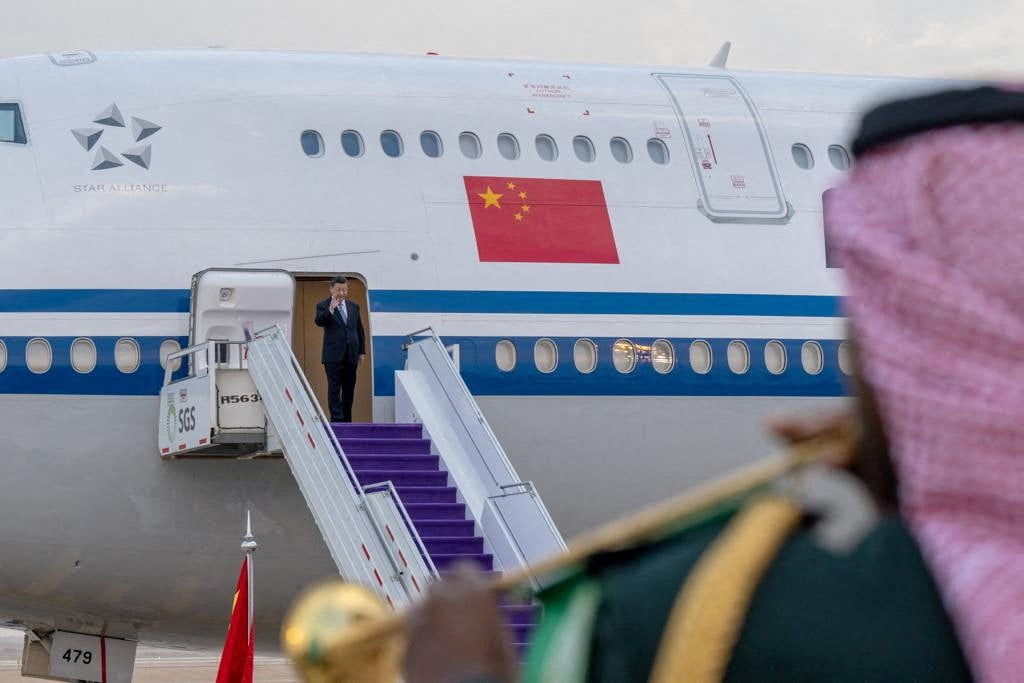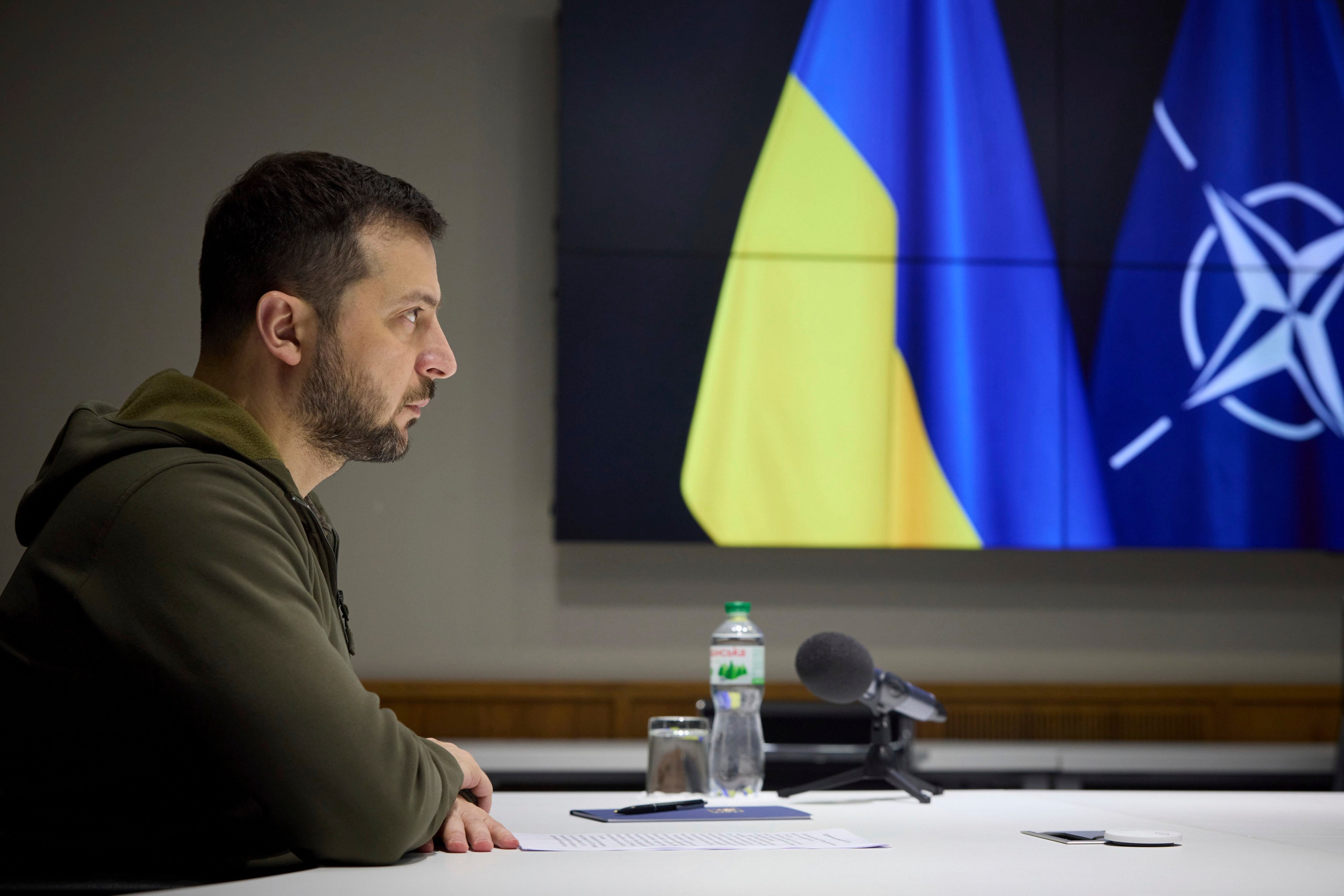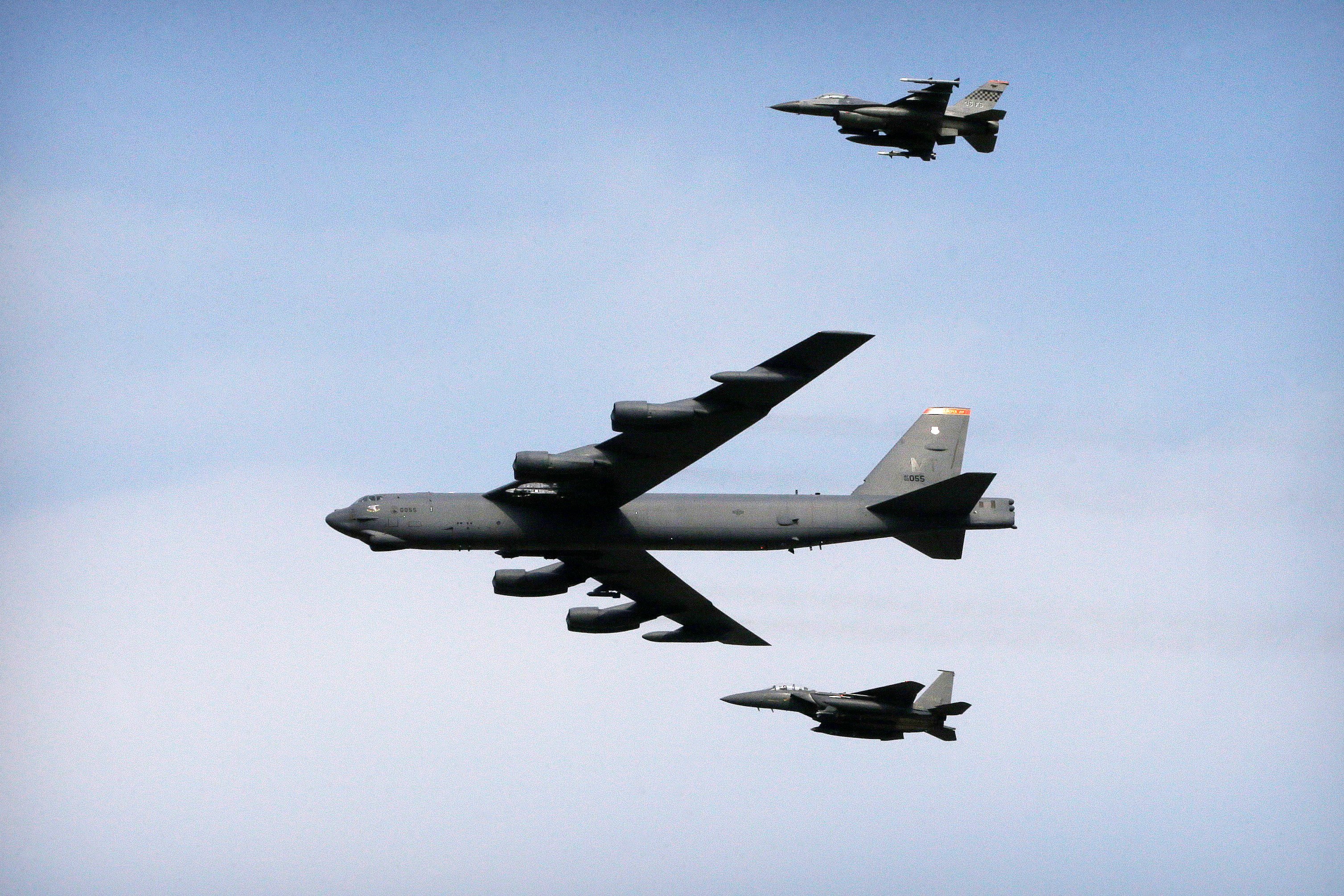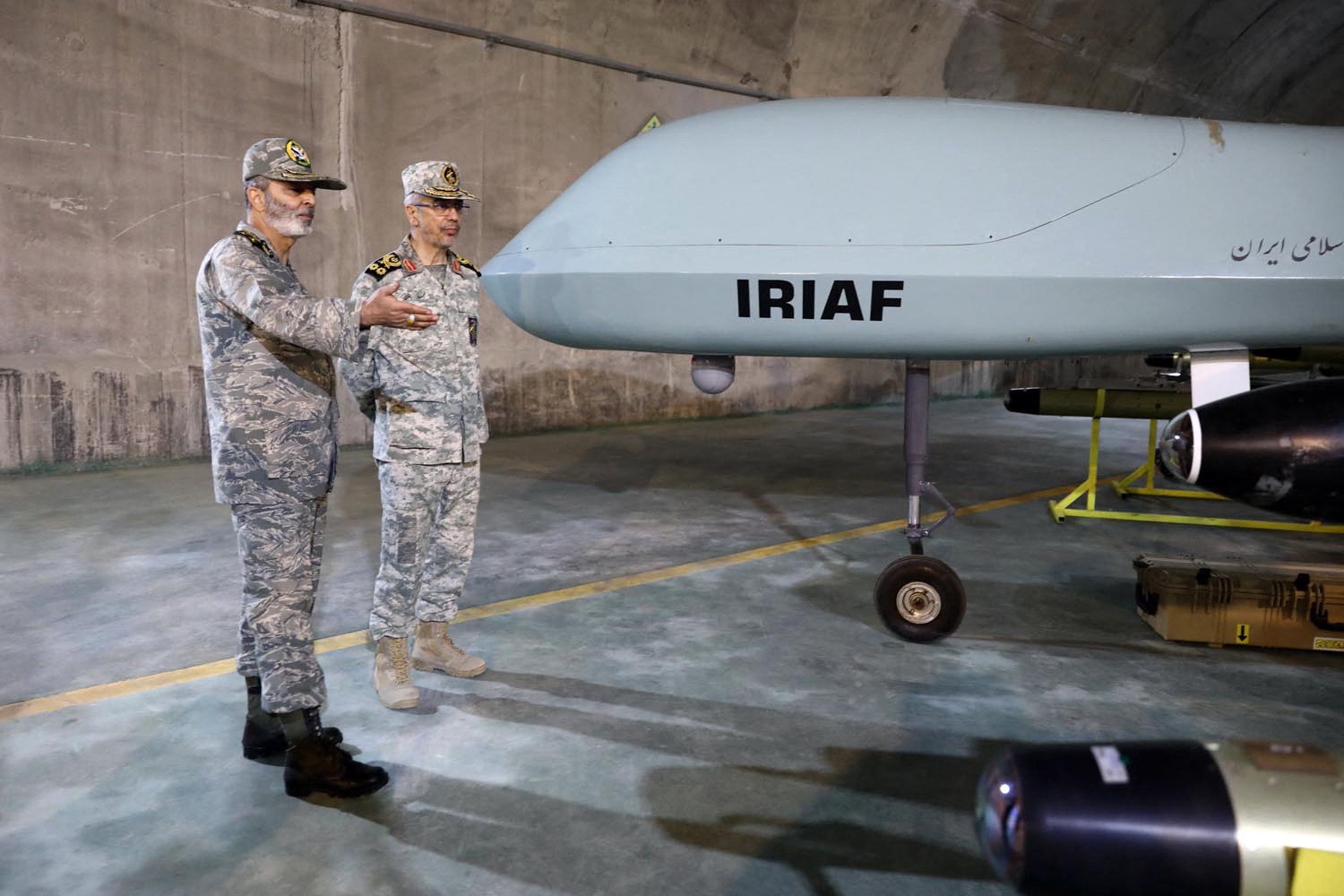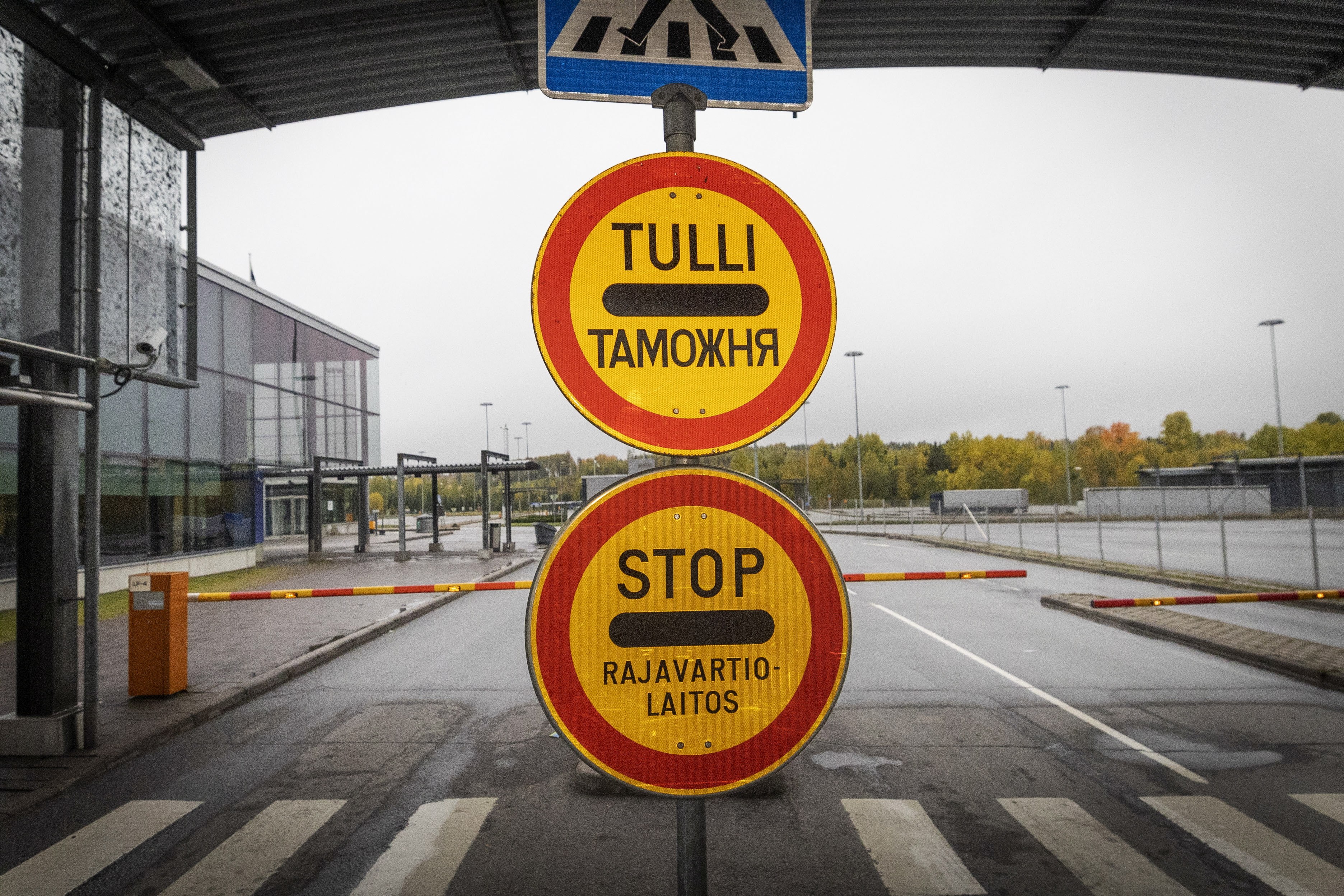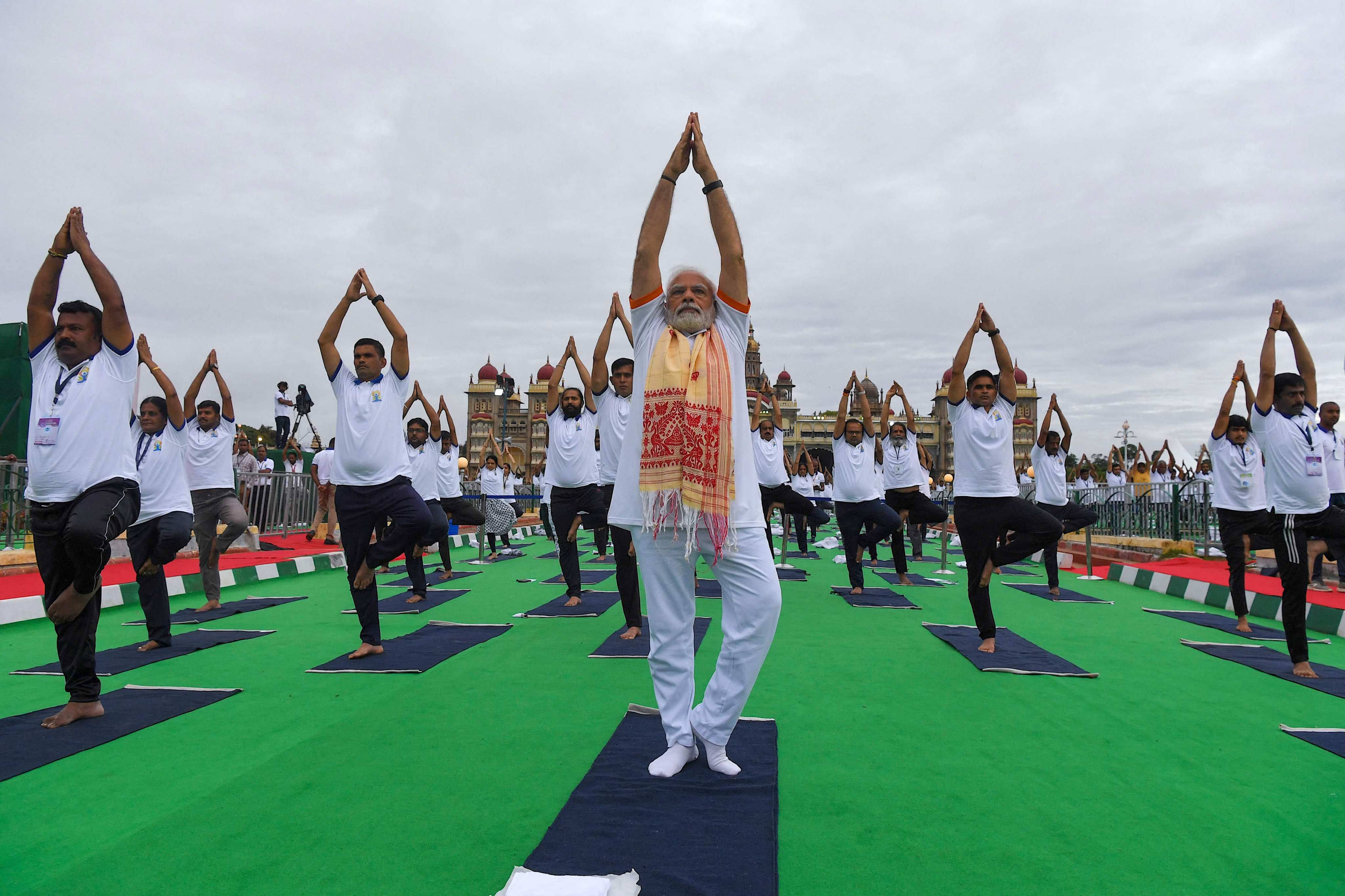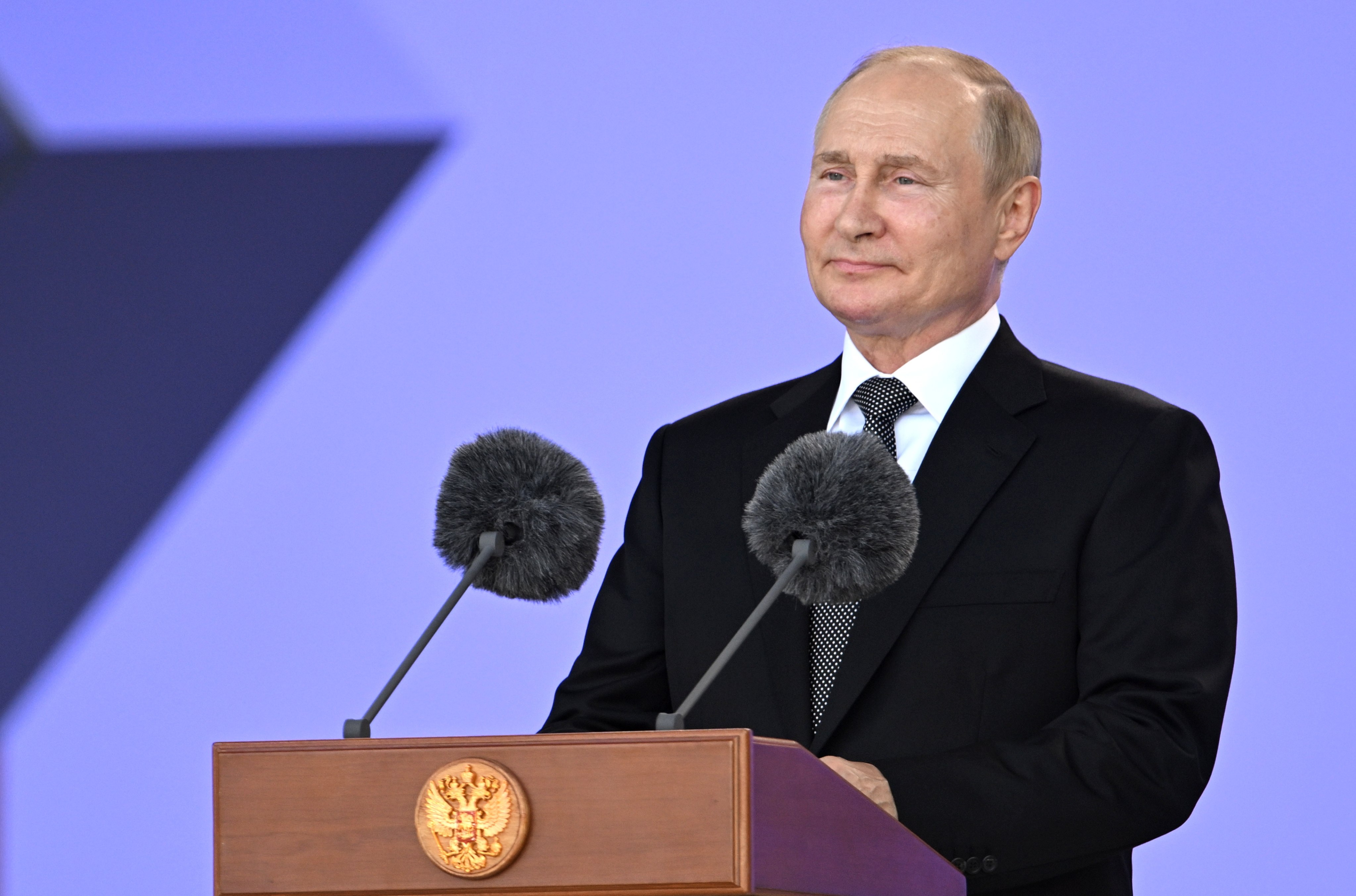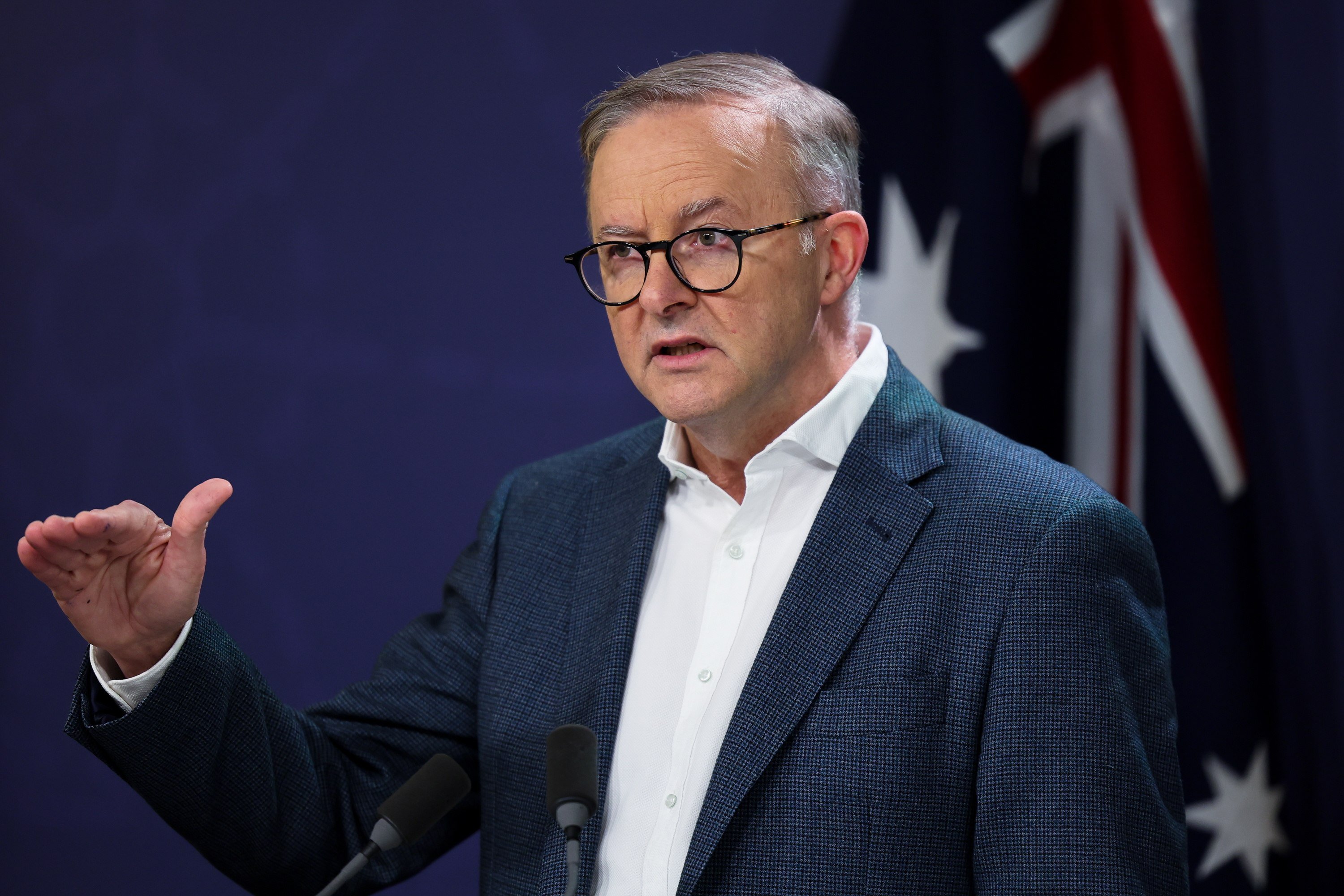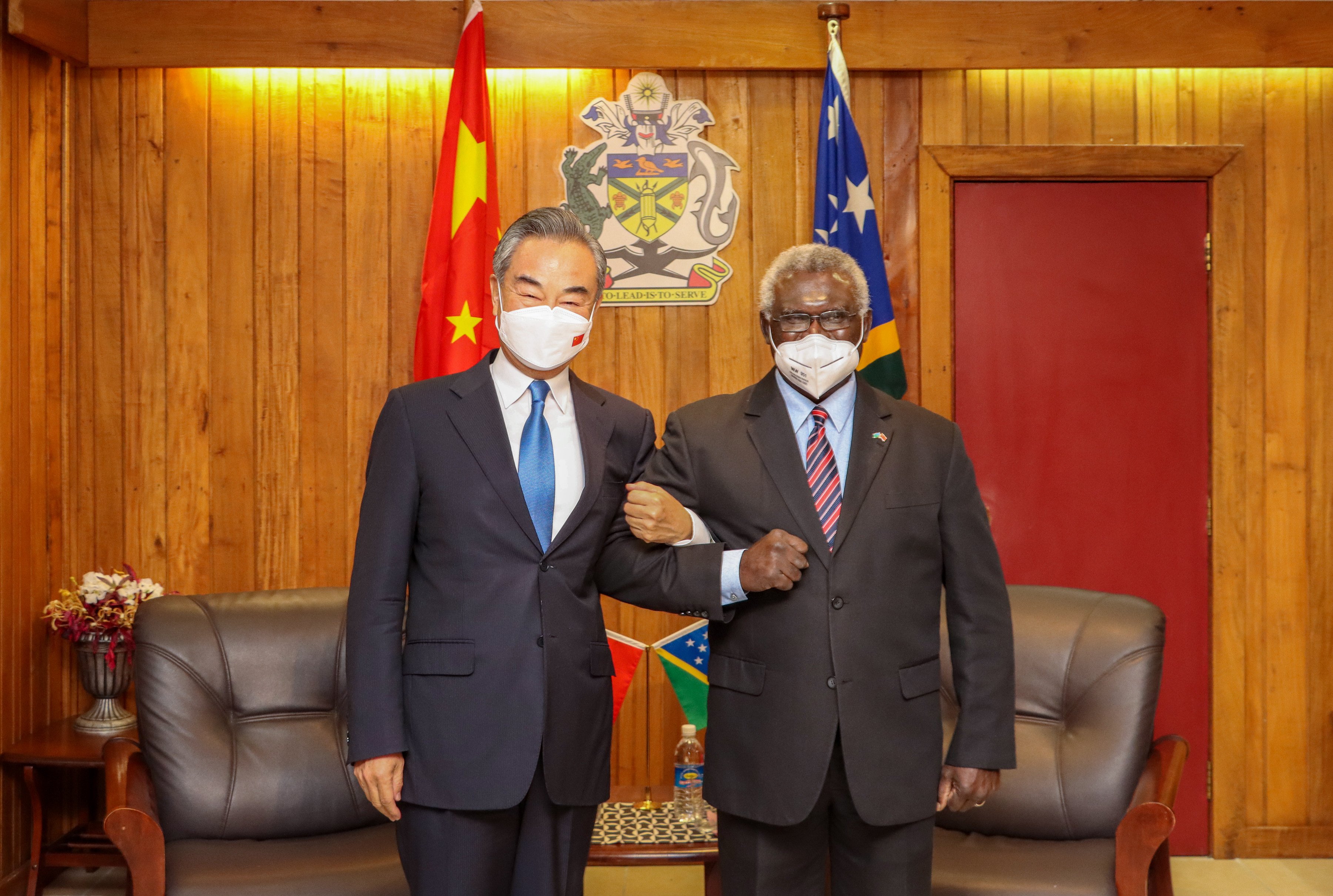
Amid US-China tensions, South China Sea spats and a tense Taiwan Strait, what the region needs to secure peace and economic security is not more weapons but greater diplomacy.
Nato wants to ramp up its munitions production and its European members are also keen to develop self-reliance amid US preoccupation with other concerns. But using Russia as a bogeyman is disingenuous.
The US and Nato are providing combat training based on Middle East battles when Ukraine is fighting a completely different war. Amid rising stress and arms shortages, no wonder the counteroffensive is sputtering.
Australia has no business playing the victim when the lines between strategy and economic interests have become increasingly blurred. Beijing should treat with caution renewed efforts to get relations back on track, and avoid rewarding Canberra for its coercive behaviour.
India has so far managed to stick to its non-aligned policy, but with China’s vision looking to win out in the Brics grouping, it will have to pick a side. If it picks the West, New Delhi will stand on the wrong side of history, while Brics could benefit from the inclusion of Iran.
Nato must realise Ukraine is not in a position where it can liberate its entire territory and successfully join the alliance at the end of the war. Commitments of support to Kyiv must also come with an acknowledgement of Russia’s security interests.
The winds are changing in the Middle East, as China engages in peace efforts for not just Saudi Arabia and Iran, but also Israel and Palestine. Meanwhile, the US is failing to read and adjust to the new situation, which makes Beijing’s offer of win-win economic solutions all the more appealing.
By extending an olive branch to China to reset economic ties while continuing with its military posturing, Australia is sending out mixed messages. Canberra must set its own path to reconciliation and not let third-party ambitions derail it.
By basing its defence overhaul on a vague China ‘threat’, Australia leaves too many questions hanging, including how this will deter or even contain China’s ambitions. Better to focus on economic cooperation with China and peaceful overtures instead.
With Asean, BRICS and Shanghai Cooperation Organisation members pushing to settle trade and payments with each others’ currencies, states put off by US sanctions and a weaponised dollar are increasingly taking advantage of the rise in alternatives.
Australia and other US allies looking for potential trade and investment partners to reduce their reliance on China are knocking on India’s door. But India’s modest economic size, challenging investment environment and substandard infrastructure are major deterrents to fruitful collaboration.
The blame game and domestic politics on both sides are preventing dialogue at time when it is needed more than ever. When crisis strikes, diplomatic channels must remain open with confidence-building measures and proper guardrails designed to prevent a global catastrophe.
After recent tensions, Australia’s new relationship with China can be described as blind political adventurism mixed with juvenile opportunism – and it will regret this.
After decades of US engagement and with little to show for it, Saudi Arabia is looking instead at tangible deals with China. While the US won’t give up its role as Middle East hegemon that easily, the appeal of China is growing in the region amid shifting power dynamics.
Western support for a full Ukrainian military victory may be wavering amid dwindling weapons supplies in the US and fears in Europe of a winter freeze. The US may instead try to persuade Kyiv to leverage its recent territorial gains to kick-start peace talks with Moscow.
Such misguided bravado will hurt Australia’s economy, which is heavily dependent on China, and increase the size of the target on Canberra’s back in the event of war.
Iran has insulated its economy so well that US sanctions can do little to prevent it from supplying Russia with drones and missiles. Had the US tried to engage Iran instead, dependence on Western trade may have discouraged it from pursuing such deals.
Treating all Russians as part of Putin’s ambitions and applying collective punishment is a mistake by the West that could easily backfire. Russians fighting to conserve the values of democracy and freedom deserve the West’s support instead of its ire.
Pacific Island countries lack basic infrastructure, and whatever they have developed is threatened by rising sea levels due to climate change. China, by offering investments rather than aid, is only filling the vacuum left by the US and its regional allies.
The case of Russian oil circumventing US sanctions via an Indian port has renewed attention to India’s rising Russian oil imports and raised doubts about its neutral stance. India has its own geopolitical calculations but US allies may question the special treatment granted to New Delhi.
Sanctions have rarely succeeded in deterring authoritarian regimes; instead, they lead to increased economic hardship among ordinary people. Today, shifting global alliances are weakening the effect of Western sanctions as targeted states like Russia and Iran form new ties.
US House Speaker’s Taiwan visit was a political stunt with the shortsighted aim of winning Democrat votes. Yet there will be long-term consequences, including heightened geopolitical uncertainty, while Beijing will inflict economic pain through tariffs and sanctions.
Australia’s government has rejected China’s proposals for improving ties, claiming to be looking out for its own national interests. In reality, Canberra still views Beijing through the lens of the US-China great power game, which can only hurt its economy while boosting America’s.
Canberra had chosen symbolic gestures and feeble investments over more practical initiatives now being offered by Beijing to Pacific island nations. Australia must shed its colonial mindset and stop claiming to always have the moral high ground over China.
